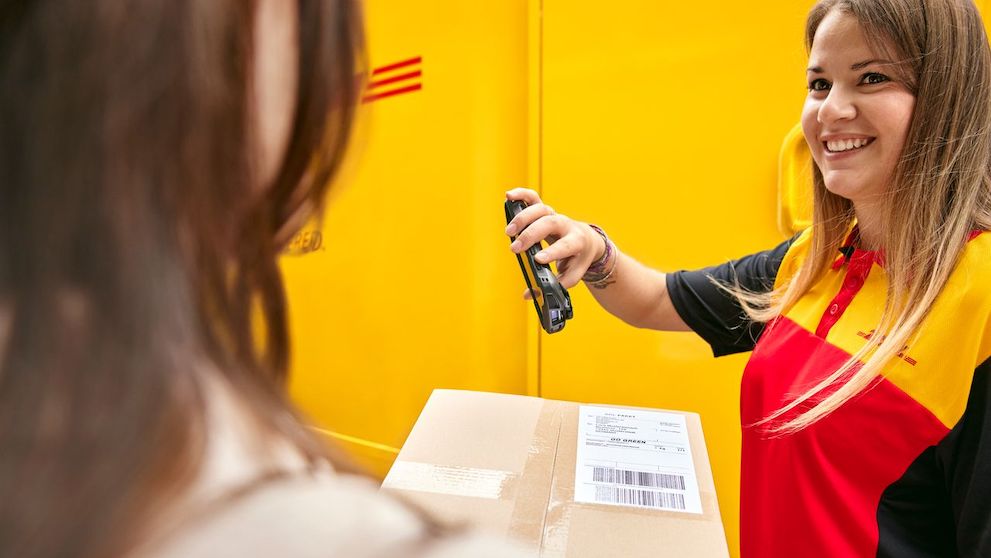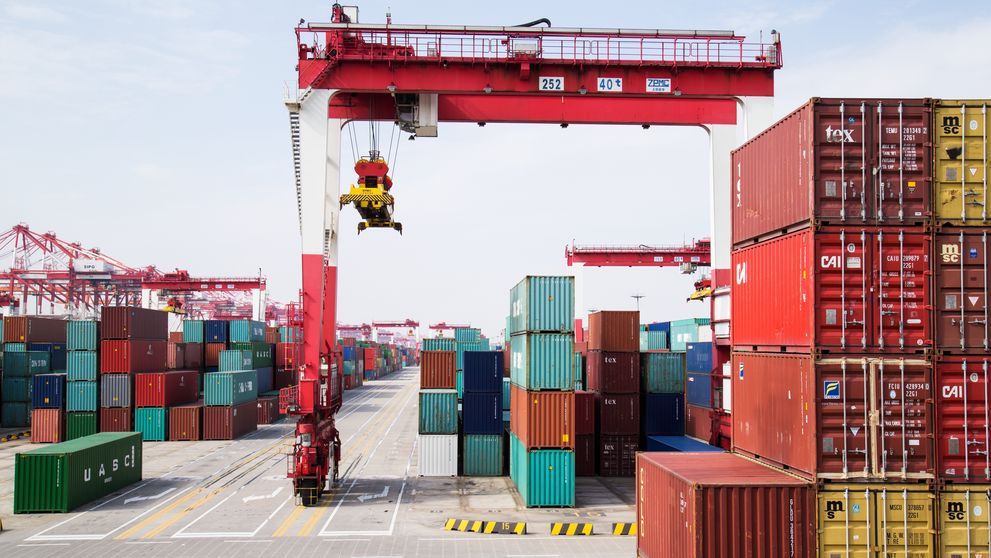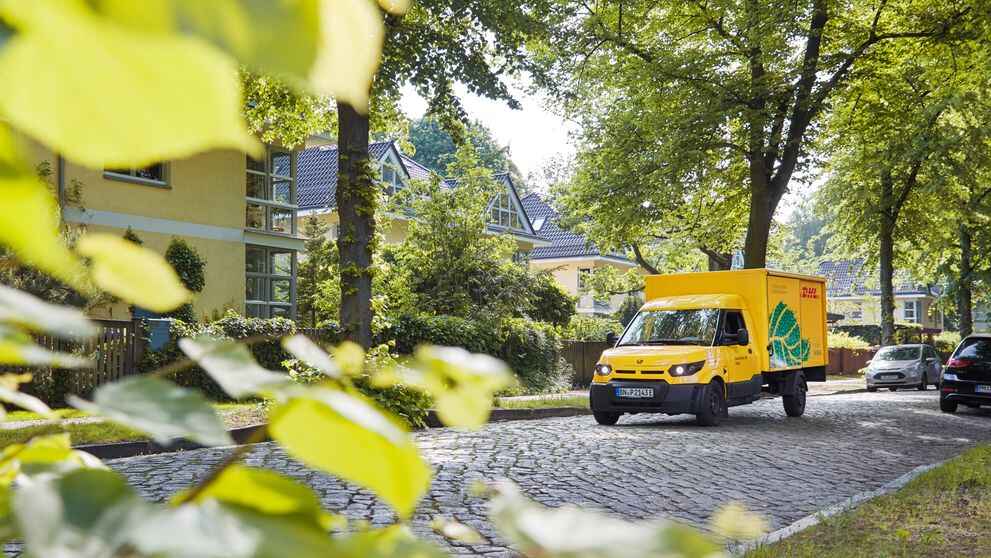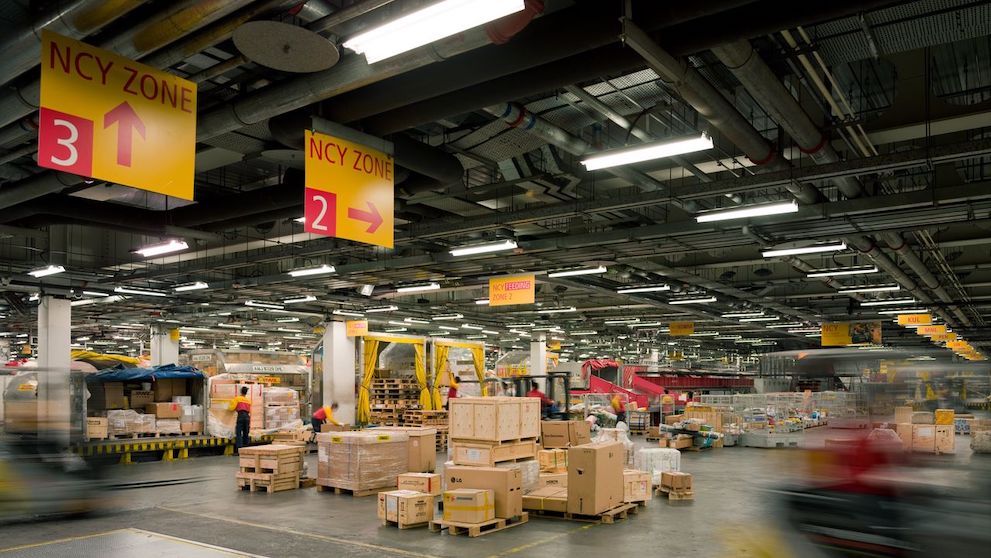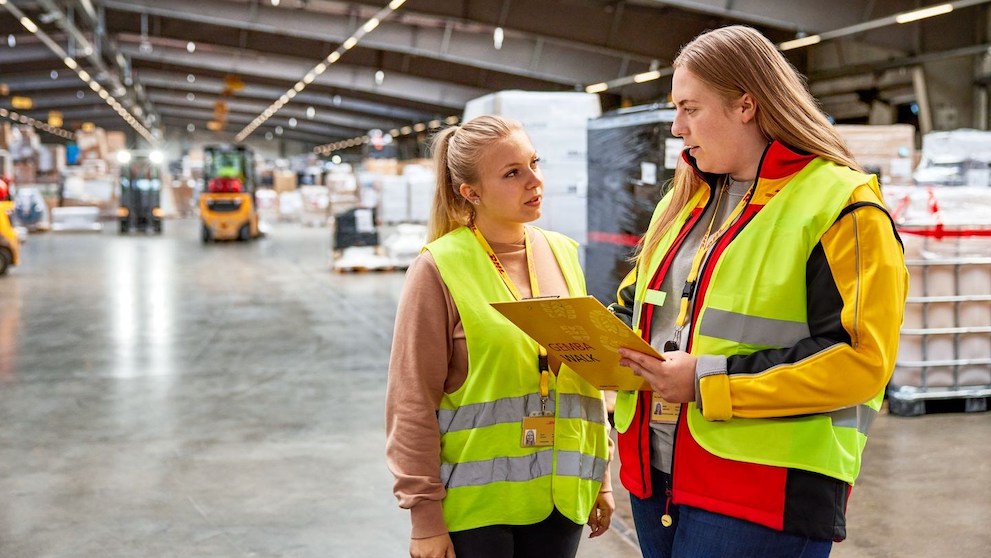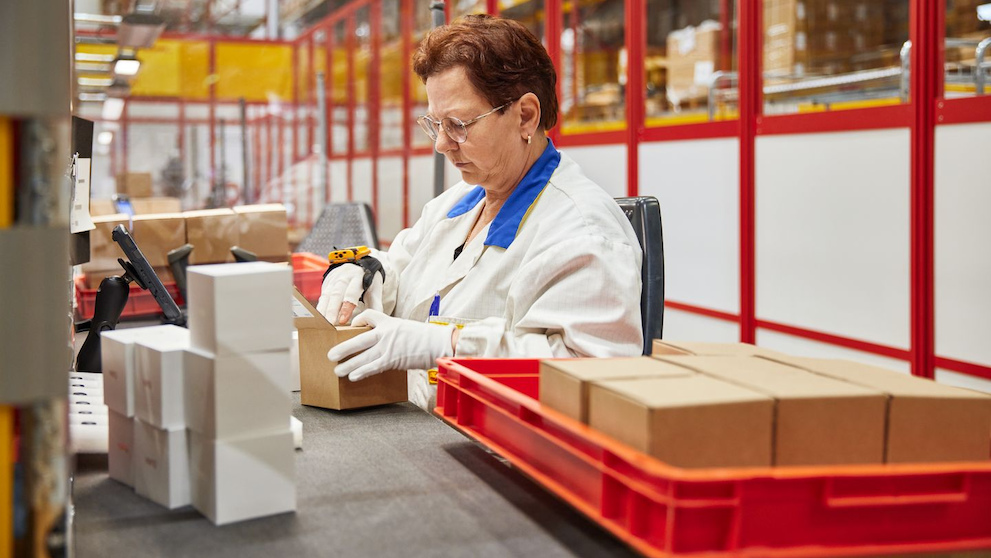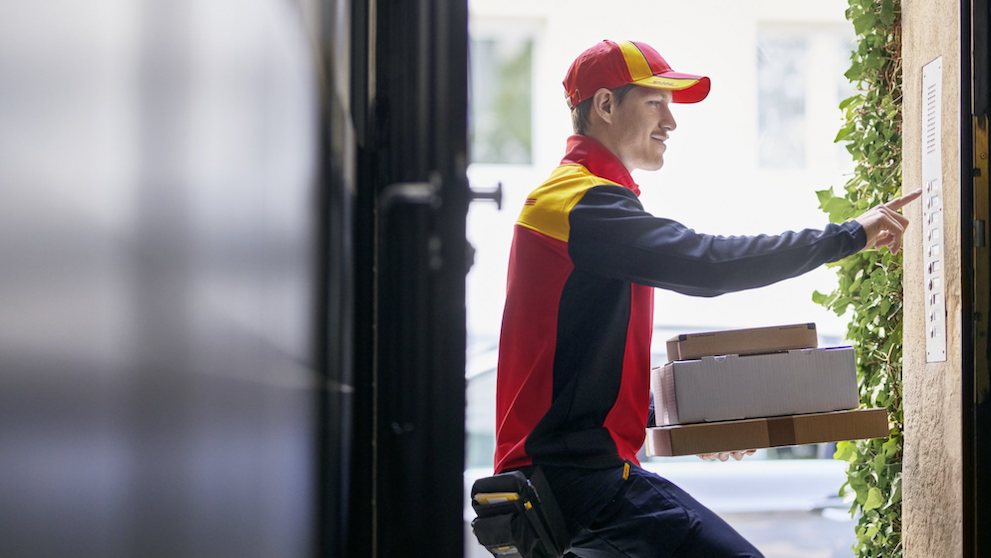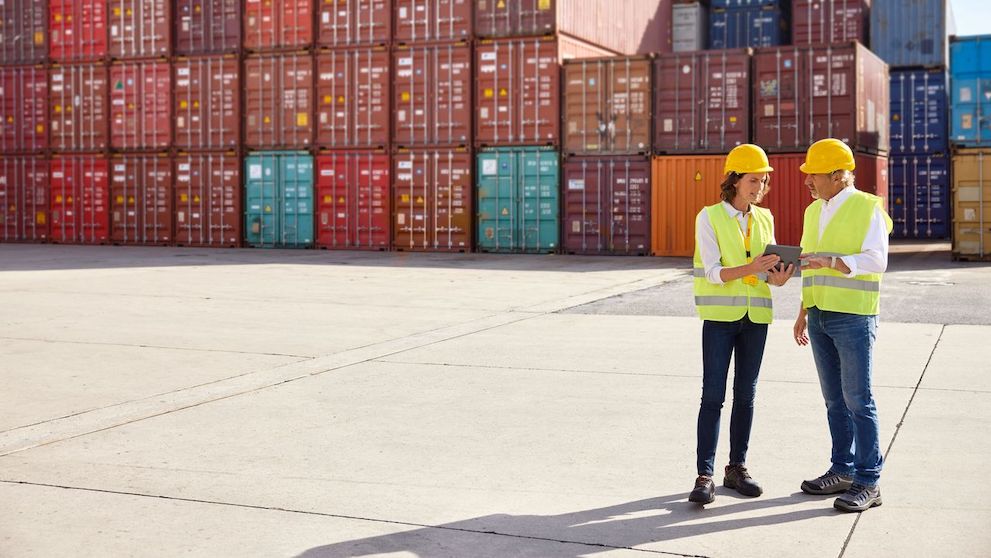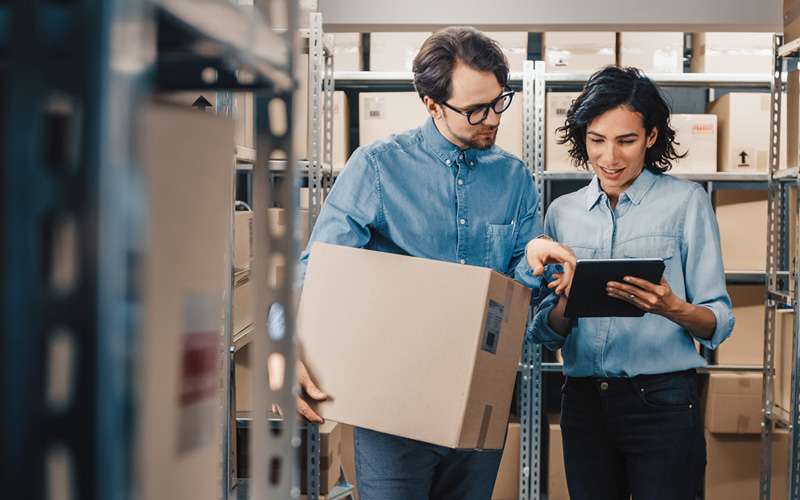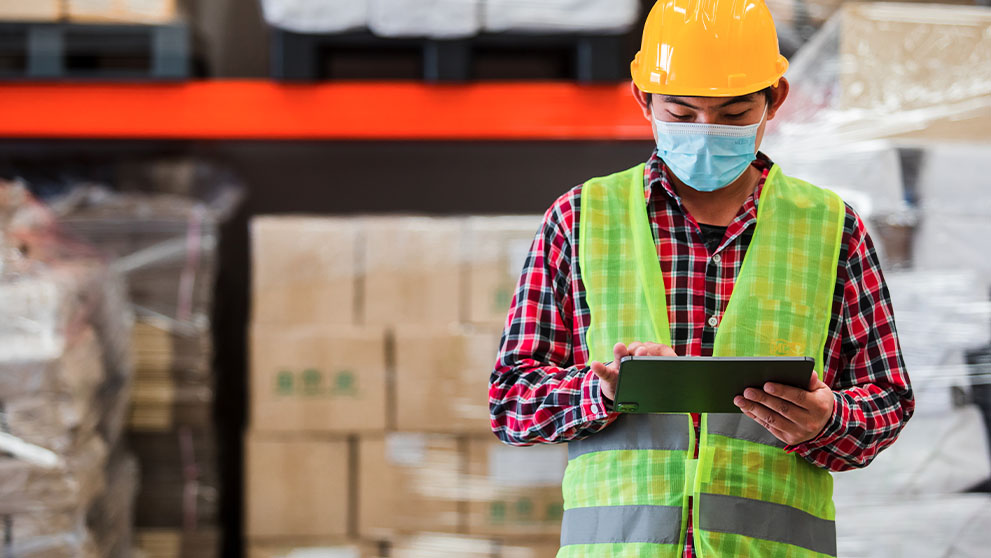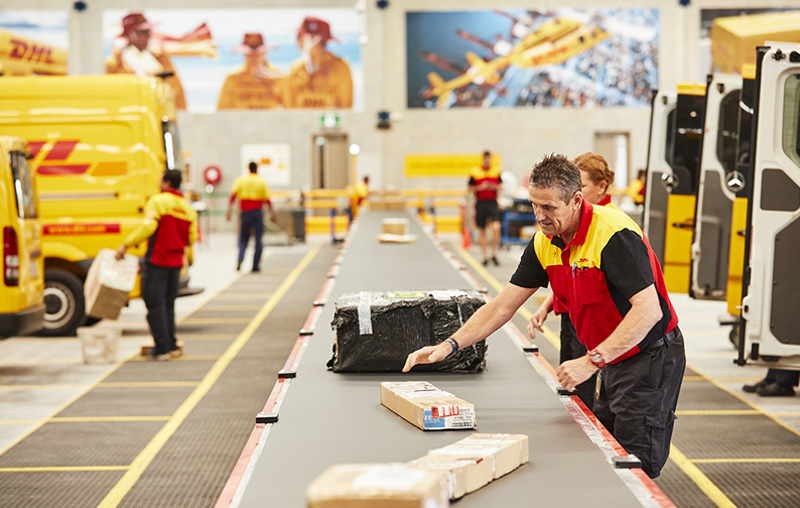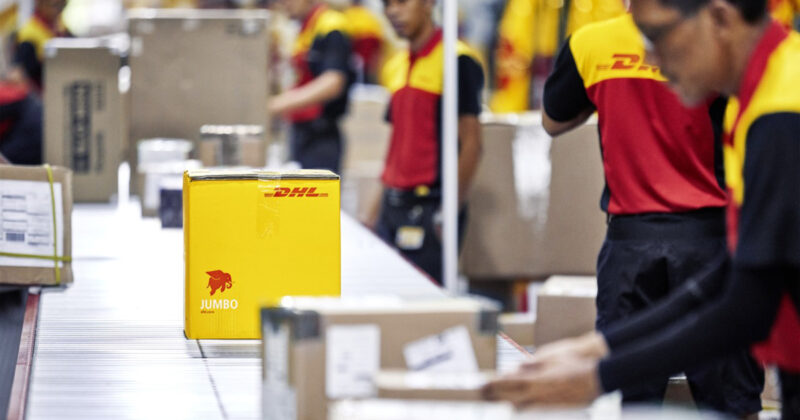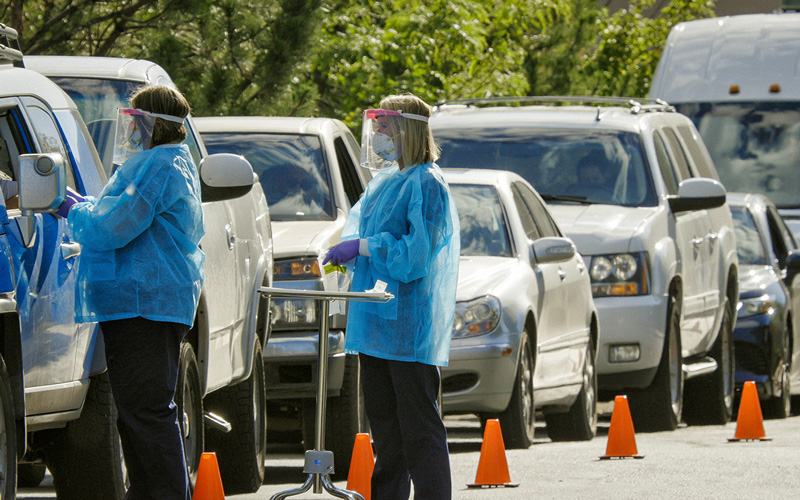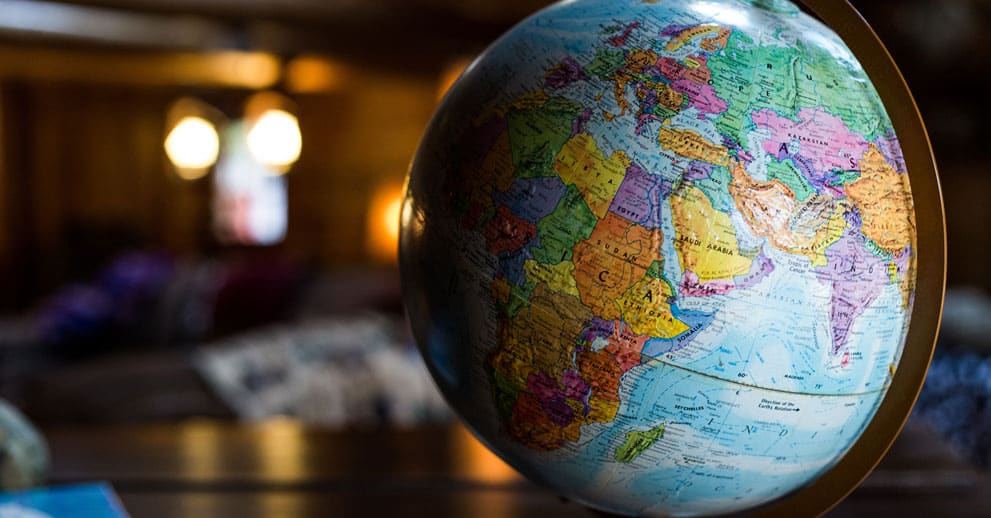Australian honey remains a popular product in Singapore and Malaysia as growing incomes drive up demand for luxury food. Take advantage of this market trend by learning how to export honey and gain some insights about prestige food exports.
Australia has made itself known as one of the foremost producers of quality honey in the world. According to AgriFutures Australia, commercial beekeepers alone generated 28,529 tonnes of honey in 2019, with the official estimate of the honey bee and pollination industry, including those for recreation, amounting to AU$147 million. The farmgate price per kilogram, recorded in 2019, was AU$6.50, an increase from over the years due to shortages driven by drought, scorching weather, and bush fire.
Raw honey and manuka honey are amongst the more popular bee products that Australia exports. In particular, the demand for Australian honey and bee products in Singapore and Malaysia has increased in recent years. According to one of Australian Trade and Investment Commission’s case studies on Australian Honey Products (AHP), a family-owned business, it had exported AU$140,000 worth of Leatherwood and Manuka honey to Malaysia and Singapore in 2016 alone, and that number is climbing. Pure Australian honey is set up to become a major agricultural export in the next few years.
Savvy business folk who want to take advantage of this new demand should have a good understanding of Australian custom’s export processes and any obstacles that may emerge throughout the logistics journey. Here, DHL Express unpacks what you need to know about exporting honey from Australia.
1. Export classification
When it comes to Australian food exports, there are a few categories that honey could fall into. The category will decide what restrictions apply to the food export and what taxes/export fees need to be paid on it.
Fortunately for exporters, honey is classified as a 'non-prescribed good' under Australian export control legislation. This means the country does not place any restriction on its export.
However, some countries require a certification from the Australian government to determine the authenticity of the product. As Australian honey is synonymous with quality, and honey is often subject to dilution, this ensures the food export is of a quality standard. A certification can be obtained from the Department of Agriculture, Water and the Environment.
When shipping your Australian honey, check whether your destination country is subject to these requirements. This way, you won’t be surprised by any unexpected delays or hiccups when your product arrives at customs.
